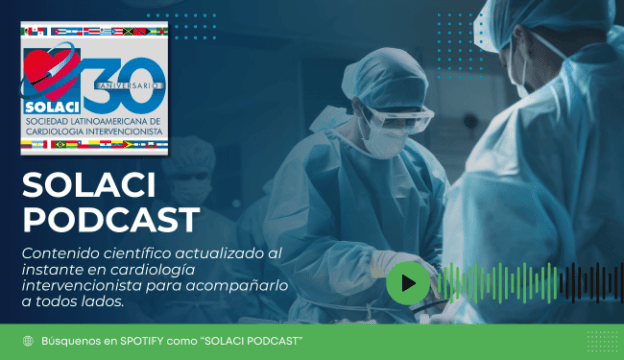Apparently, the scandal surrounding the EXCEL trial kicked the hornet’s nest as far as evidence-based medicine is concerned. This time, the stars were the actual authors of an article published in the prestigious New England Journal of Medicine (NEJM): the investigators retracted their paper due to issues in data analysis.

The aforementioned work was originally published in 2018 in the most prestigious medical journal worldwide, and it showed that ambulatory blood pressure monitoring readings were strongly associated with mortality. In that sense, the association was stronger than with readings obtained at the doctor’s office.
At the time, the lead author had mentioned that his work was the largest worldwide and provided unequivocal evidence that [ambulatory blood pressure monitoring] is superior to clinic pressure at predicting total and cardiovascular mortality. This week, the authors themselves retracted the article due to problems in statistical analyses.
Read also: Latest Guidelines “Dropped” After Scandal Over EXCEL Results.
Now, an independent statistical team is working with the aim of publishing the results as soon as possible.
The original suspicion was confirmed when researchers attempted to replicate findings in the International Database on Ambulatory Blood Pressure in Relation to Cardiovascular Outcomes.
Read also: Treating Both Atrial Valves Improves Survival.
Despite everything, ambulatory blood pressure monitoring is still the most suitable method to diagnose and manage hypertension.
Original title: Retraction: Relationship between clinic and ambulatory blood-pressure measurements a. nd mortality.
Reference: Banegas JR et al. N Engl J Med. 2020; Epub ahead of print.
Subscribe to our weekly newsletter
Get the latest scientific articles on interventional cardiology
We are interested in your opinion. Please, leave your comments, thoughts, questions, etc., below. They will be most welcome.





